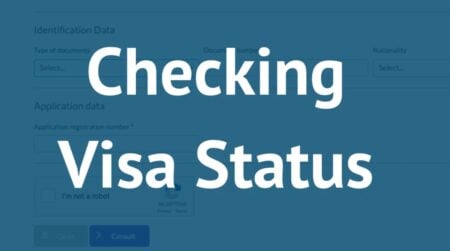Working in Canada can be a great experience with many benefits and protections. Let’s explore what it’s like, covering average hours, holidays, tax rates, industries, and how to find jobs. In Canada, most employees work 37.5 hours per week, with a maximum of 40 hours. Some industries may have different rules, like agriculture or transportation, where longer hours could be common. Overtime pay may apply for work beyond the standard week.

Canada observes 10 public holidays, including New Year’s Day, Canada Day, and Christmas Day. Employees are entitled to take these days off with pay, and some may get additional floating holidays. Canada has federal and provincial taxes. Federal tax rates start at 15% on the first $50,197 of income, with provincial rates varying. The personal tax-free allowance is $14,398.
Industries in Canada:
1. Technology and Innovation: Canada has a thriving tech industry with major players like Shopify and Hootsuite.
2. Healthcare and Biotechnology: Renowned for its healthcare system, Canada excels in biotechnology with companies like BioChem Pharma.
3. Energy and Natural Resources: A major producer of resources, Canada focuses on renewable energy and aims to reduce carbon emissions.
4. Manufacturing and Automotive: Known for automotive production, Canada hosts companies like General Motors and Ford.
5. Agriculture and Food Production: A major producer of agricultural products, Canada is home to companies like Maple Leaf Foods.
Tourism and Hospitality:
Canada, a tourist hotspot, boasts landmarks like Niagara Falls and the Rocky Mountains, contributing significantly to its economy.
Where to Find Jobs:
Job boards like Canadajobs.com, Eluta.ca, and Job Bank, along with recruitment agencies, offer job opportunities. The Association of Canadian Search, Employment, and Staffing Services (ACSESS) provides lists of recruitment agencies.
Working Visa for Canada:
To work in Canada, you generally need a work permit. Exemptions exist for Canadian citizens, permanent residents, certain foreign workers, and individuals with open work permits. Work permit types vary, and some may require a Labour Market Impact Assessment (LMIA). The application process involves submitting documents online or in person, and work permits are issued for a specific duration.
Health Insurance:
Health insurance coverage is essential while working in Canada. Each province has its health insurance plan, and work permit holders may be eligible for provincial health coverage. Working in Canada offers a balanced work-life experience, with diverse job opportunities in thriving industries. The application process for a work permit is manageable, and health insurance ensures well-being during your stay.



